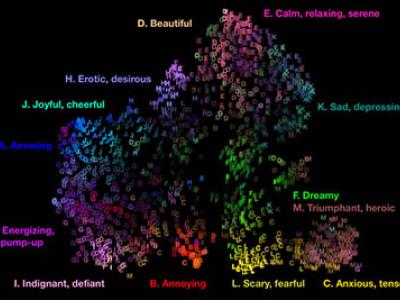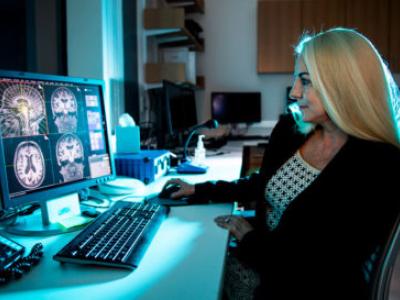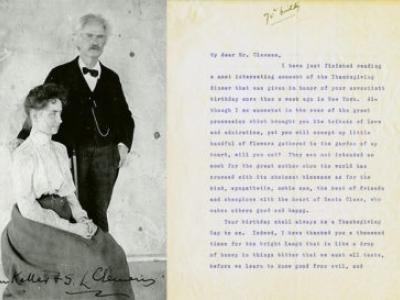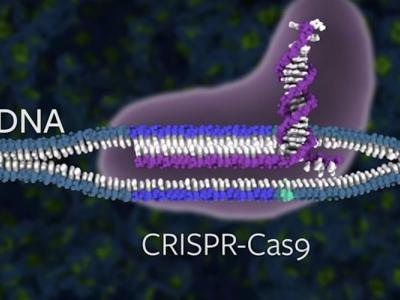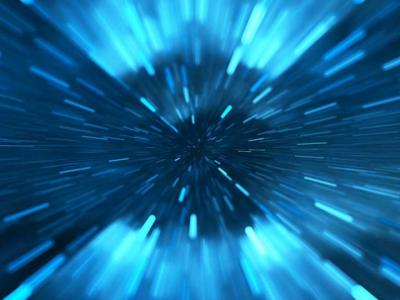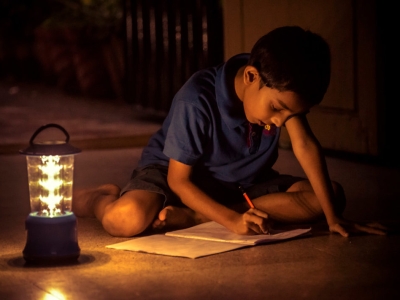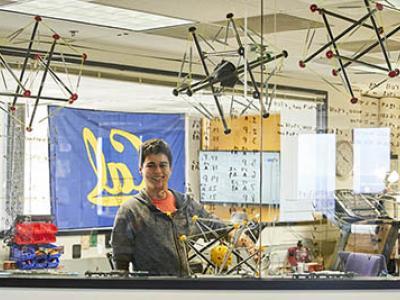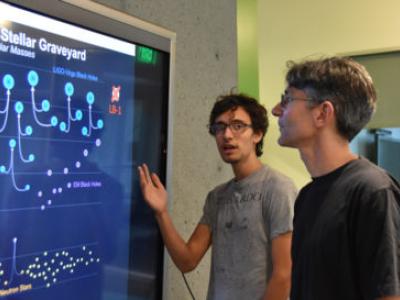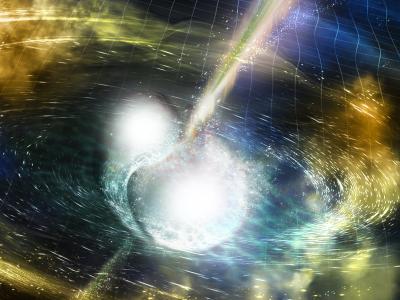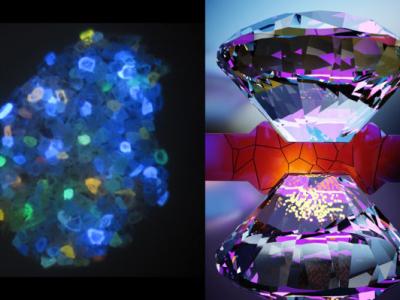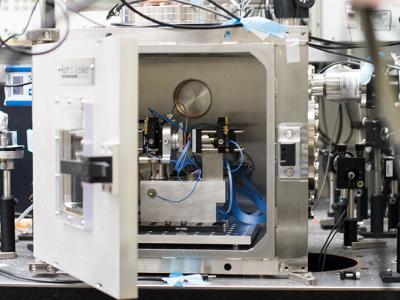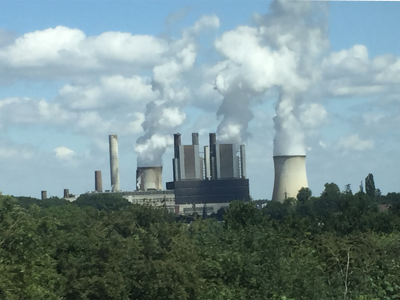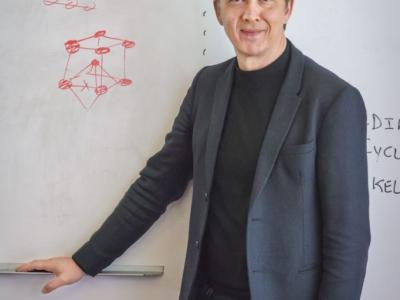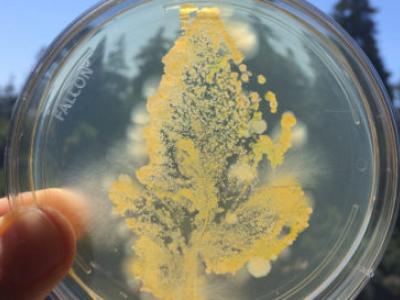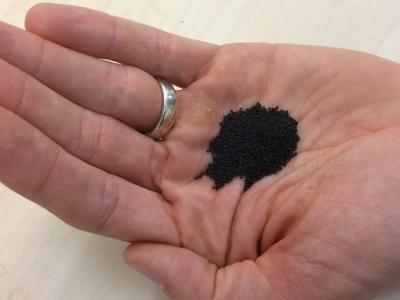UC Berkeley scientists have surveyed more than 2,500 people in the United States and China about their emotional responses to thousands of other songs from genres including rock, folk, jazz, classical, marching band, experimental and heavy metal. The upshot? The subjective experience of music across cultures can be mapped within at least 13 overarching feelings: Amusement, joy, eroticism, beauty, relaxation, sadness, dreaminess, triumph, anxiety, scariness, annoyance, defiance, and feeling pumped up.
Research News
Learn more about UC Berkeley's researchers and innovators.
Showing 1473 - 1488 of 3507 Results
It can take years to diagnose children with psychiatric or attention deficit disorders, forcing them to endure a lot of frustration and suffering. But a new study has found evidence that brain scans, if conducted early, can predict whether a youngster is susceptible to mental health or attention problems down the road.
Throughout his life, American writer and humorist Samuel Langhorne Clemens, better known by his pen name, Mark Twain, formed friendships with many notable figures in history that shaped his work and the way he saw the world. A new multimedia project published by the UC Berkeley Library, “Six degrees of Mark Twain,” has pulled from a vast collection of the library’s Mark Twain Papers and Project — the largest collection of Twain’s private writings and manuscripts — to explore how Twain’s life intersected with six people: P.T. Barnum, Nikola Tesla, Helen Keller, Frederick Douglass, Harriet Beecher Stowe and Ulysses S. Grant
The federal government has given the University of California a New Year’s Eve gift — its 20th U.S. patent on CRISPR-Cas9 gene-editing technologies. The addition expands a broad patent portfolio that is already being used to improve human and animal health and crop breeding.
A nationwide alliance of national labs, universities, and industry launched today to advance the frontiers of quantum computing systems designed to solve urgent scientific challenges and maintain U.S. leadership in next-generation information technology.
More than a billion people worldwide lack access to electricity, and even a $15 solar lamp is beyond the financial reach for many of them. Yet businesses have found a way to reach this very-low-income market through rent-to-own programs that combine incremental payments with technology to monitor and lock out non-paying customers.
A new paper by Asst. Prof. Jose Guajardo is the first to analyze how usage and payment behavior interact in rent-to-own business models and what works when serving customers in the developing world who have no savings and no credit history. The paper was recently published in Production and Operations Management.
Berkeley SkyDeck, UC Berkeley’s flagship startup incubator, will be sending to Sacramento seven of the startups it has graduated in a first-of-its-kind municipal partnership.
Sometimes, a blockbuster discovery is just too good to be true. UC Berkeley graduate student astronomer Kareem El-Badry knows that all too well — he just shot one down.
Scientists are getting better at modeling the complex tangle of physics properties at play in one of the most powerful events in the known universe: the merger of two neutron stars.
Scientists at Berkeley Lab, UC Berkeley convert diamonds’ atomic flaws into atomic sensors with front-row seats to a quantum world of materials under extreme pressure
The moment is solemn, and the potential ramifications historic, as the U.S. House of Representatives considers articles of impeachment this week against President Donald Trump for abuse of power and obstruction of Congress. But for all its gravity, impeachment is likely to have little political impact, say experts from the UC Berkeley Institute of Governmental Studies (IGS).
If you use a vacuum-insulated thermos to help keep your coffee hot, you may know it’s a good insulator because heat energy has a hard time moving through empty space. Vibrations of atoms or molecules, which carry thermal energy, simply can’t travel if there are no atoms or molecules around. But a new study by researchers at the University of California, Berkeley, shows how the weirdness of quantum mechanics can turn even this basic tenet of classical physics on its head.
In new research reported in Nature, an international team of chemical engineers have designed a material that can capture carbon dioxide from wet flue gasses better than current commercial materials. “Flue gas” refers to any gas coming out of type of pipe, exhaust, or chimney as a product of combustion in a fireplace, oven, furnace, boiler, or steam generator. But the term is more commonly used to describe the exhaust vapors exiting the flues of factories and powerplants. Iconic though they may be, these flue gases contain significant amounts of carbon dioxide (CO2), which is a major greenhouse gas contributing to global warming.
Scientist Gerbrand Ceder evaluates some of the most promising battery technologies in development
A new study by University of California, Berkeley, microbial ecologists used experimental evolution to help identify the core microbiome of commercial tomatoes. They selected for those microbial taxa that best survived on the plants and then showed that these “domesticated” microbial communities are able to effectively fend off random microbes that land on the plants. In other words, these selected communities look like a stable, healthy plant microbiome, akin to what a robust tomato plant might pass to its offspring.
UC Berkeley engineers have developed a mineral-coated sand that can soak up toxic metals like lead and cadmium from water. Along with its ability to destroy organic pollutants like bisphenol A, this material could help cities tap into stormwater, an abundant but underused water source.

